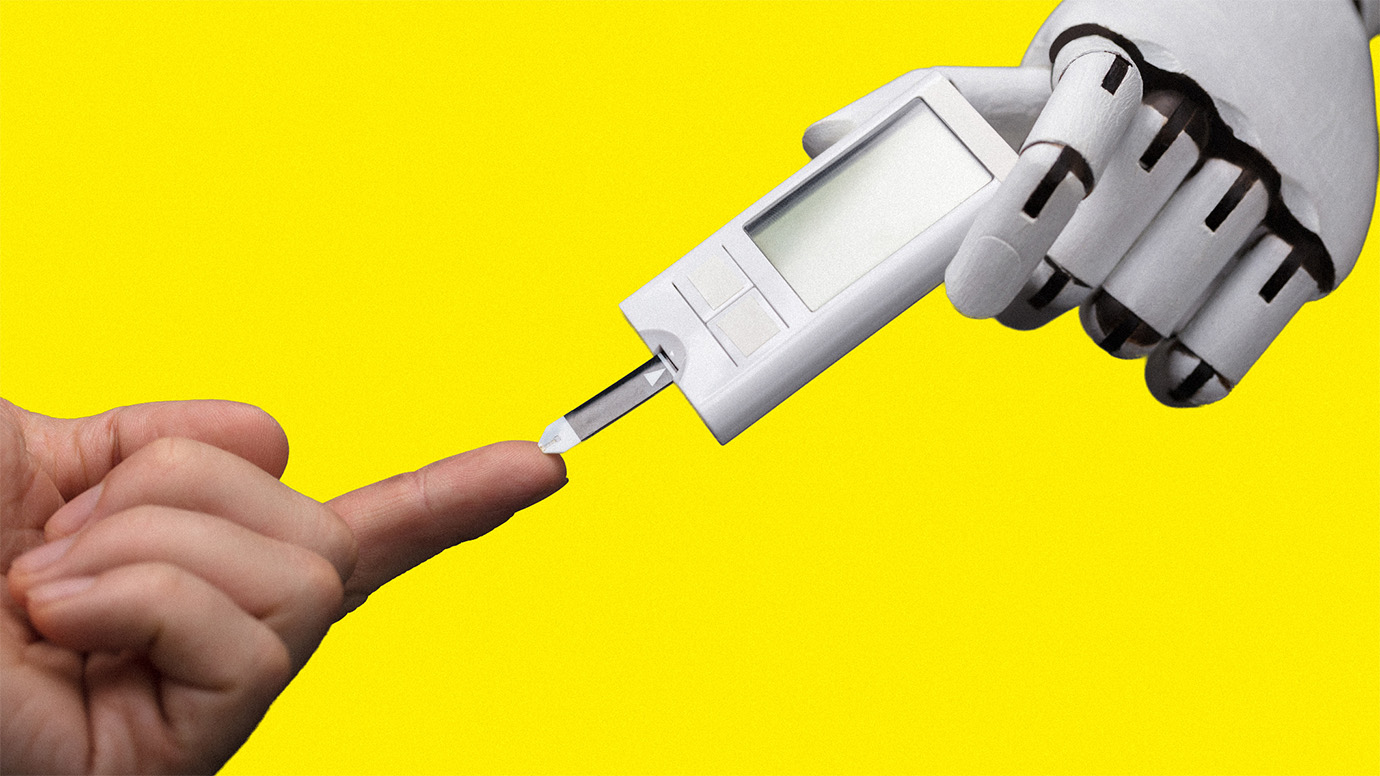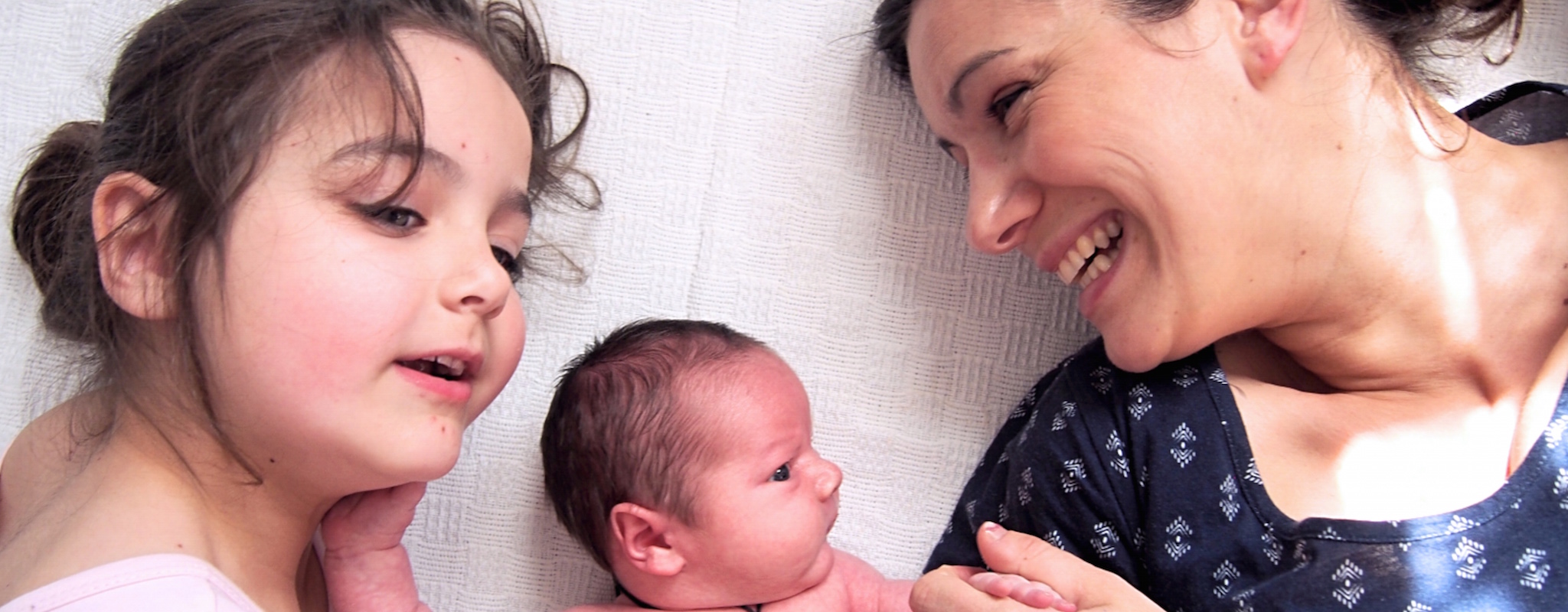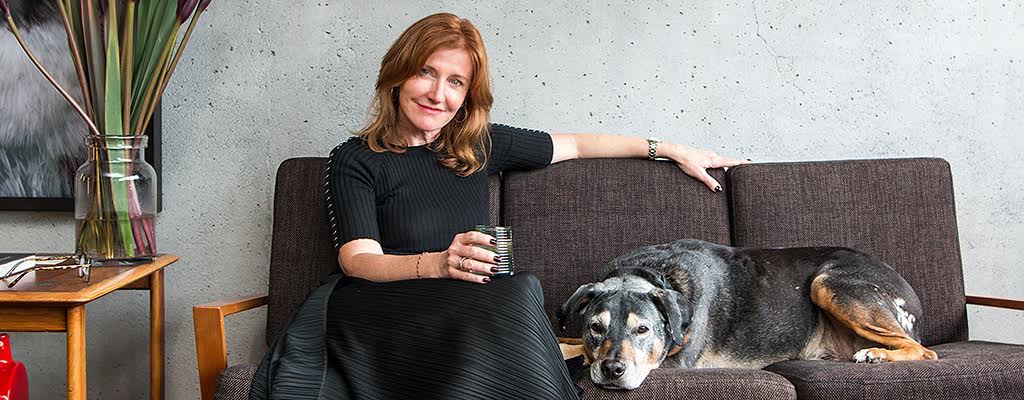No Limits – T1D Surf Lifesaver Ben Cross
Written by: Caroline Wood
2 minute read
July 30, 2018
Editor’s Note: this article was originally published in Diabetes Wellness by our friends at Diabetes NZ. Beyond Type 1 is proud to share stories from New Zealand as part of the 2018 Kiwi Takeover!
Young People across New Zealand are pushing the boundaries, doing what they love and not letting diabetes hold them back. Here, Caroline Wood talks to surf lifesaver Ben Cross about his type 1 diabetes (T1D) journey.
Ben Cross lives for the ocean, having grown up next to the sea in Hawke’s Bay. He is a volunteer lifeguard at his local beach and has been competing in surf lifesaving competitions since he was 11 years old, winning medals nationally and internationally. The builder and carpenter qualified as a surf lifesaver at 14. Three years later he was diagnosed with type 1 diabetes but that hasn’t stopped him doing what he loves, which includes competing in the highly physical world of competitive surf lifesaving.
Ben, 28, travels across the country in summer taking part in surf lifesaving competitions. When he’s not competing you will find him out on the water most weekends helping keep people safe at his Waimarama Beach home.
“Ben is a wonderful inspiration in a quiet way,” says his diabetes specialist Dr Janet Titchener, of GPSI Diabetes, Hawke’s Bay. “I’ve been helping Ben manage his diabetes for a number of years and what has always impressed me is how little he seems to have allowed the diabetes to interfere with his life. “Even to this day, I don’t imagine that any of his surf lifesaving team mates have any idea just how big a diagnosis Ben received when he was 17—and clearly having diabetes hasn’t been detrimental to Ben’s ability to perform.” Ben competes for Waimarama Surf Lifesaving Club in two disciplines: the four-person surf canoe race, where a team of four heads out through the surf to a buoy and back. And the racing IRBs, when he and team mate Michael Harman start on the beach, run down to grab an IRB (inflatable rescue boat), get it in the water, race beyond the surf to pick up a patient and bring them back in.
He has travelled to two world surf lifesaving championships, representing his club in IRB events. He won a silver medal in Egypt in 2010 for the tube rescue event and scooped silver in Adelaide in 2012, in the single rescue event.
Ben also competes around New Zealand and recently medalled in the 2017 nationals. Bens says he’s hoping to go to Adelaide next year for the world champs.
When I catch up with Ben, he is quietly spoken and modest about his achievements.
He explains how he came to be diagnosed when he was a teenager after noticing he had a very dry mouth, was thirsty and going to the toilet all the time. He was on tour playing rugby at the time. A couple of days later he saw his GP, who ordered blood tests.
Ben says the GP didn’t mention diabetes, and no-one else in the family has it, so everyone was shocked when, a few hours later, Ben received a call and was told he needed to get to the hospital straight away.
“I didn’t really accept it for a little while,” says Ben. “I found it difficult at the start, it took a while before I grasped everything.
“My control is a bit up and down but I’ve had a lot of help from Janet [Dr Titchener] on how to adjust [insulin] for my sport, which involves short but intense periods of exercising.”
Ben doesn’t have an insulin pump, he says it’s too hard to wear one with a wetsuit and while in the water.
Ben loves competitive sports, surfing, and is about to start training in endurance waka. In the winter he trains for surf life saving and plays netball.
“Sport is a big part of my life. If I couldn’t do that, it would be tough. Having other people supporting me really helped, especially my mum, dad and Janet.”
When asked for his advice for other young people diagnosed in their teens he says: “It was definitely pretty hard at the start but you don’t have to change too much. You can still do what you love, you just need to keep on top of things and be a bit more careful.”

Author
Caroline Wood
Beyond Type 1 is the largest diabetes org online, funding advocacy, education and cure research. Find industry news, inspirational stories and practical help. Join the 1M+ strong community and discover what it means to #LiveBeyond a diabetes diagnosis.
Related Resources

If you or someone you love is living with diabetes, you already know the fight...
Read more

The American Diabetes Association’s 2025 Scientific Sessions in Chicago were full of fresh ideas and...
Read more

A diabetes diagnosis doesn’t mean your sex life is off-limits. It's still yours to enjoy—just...
Read more

